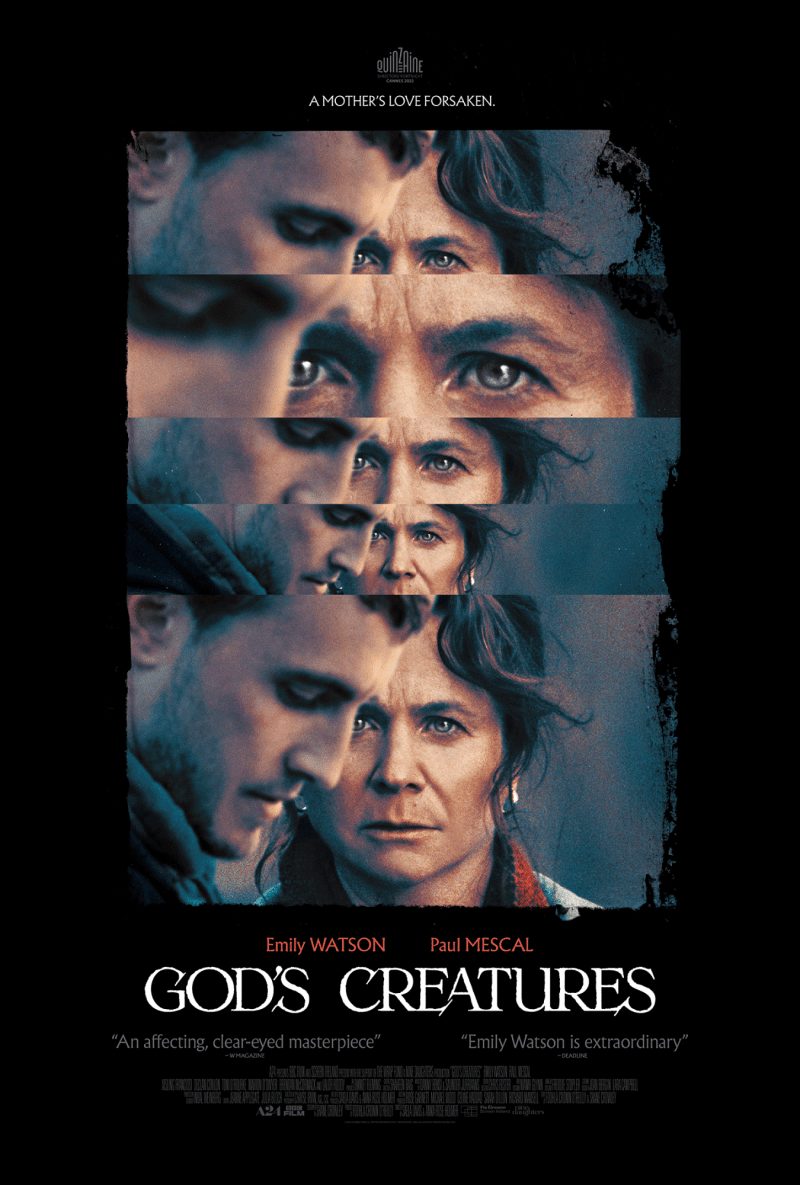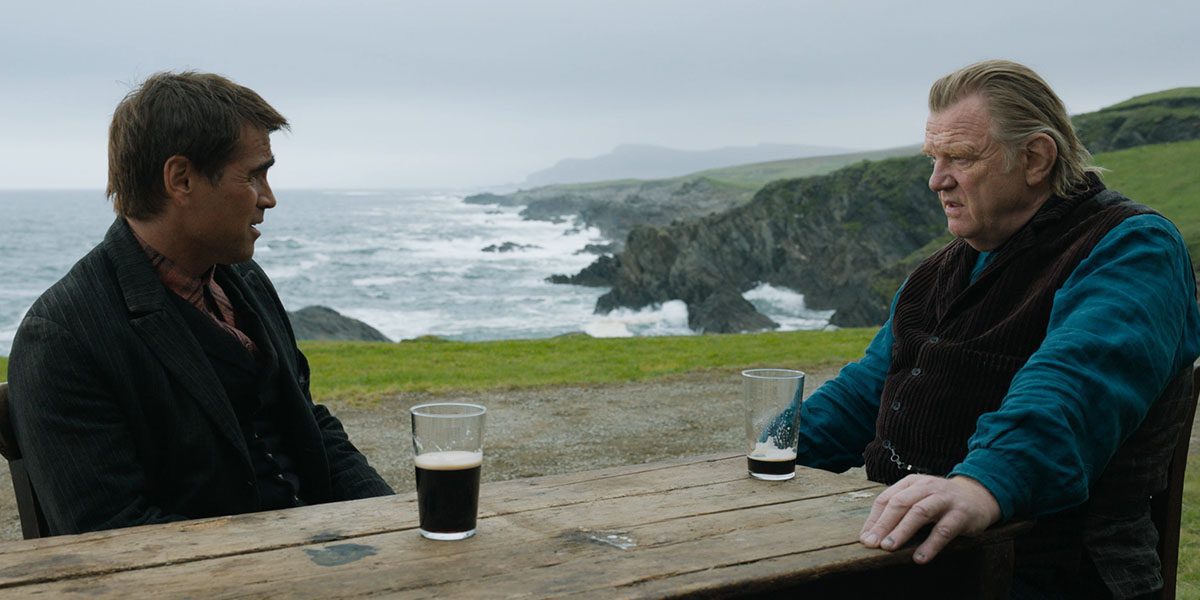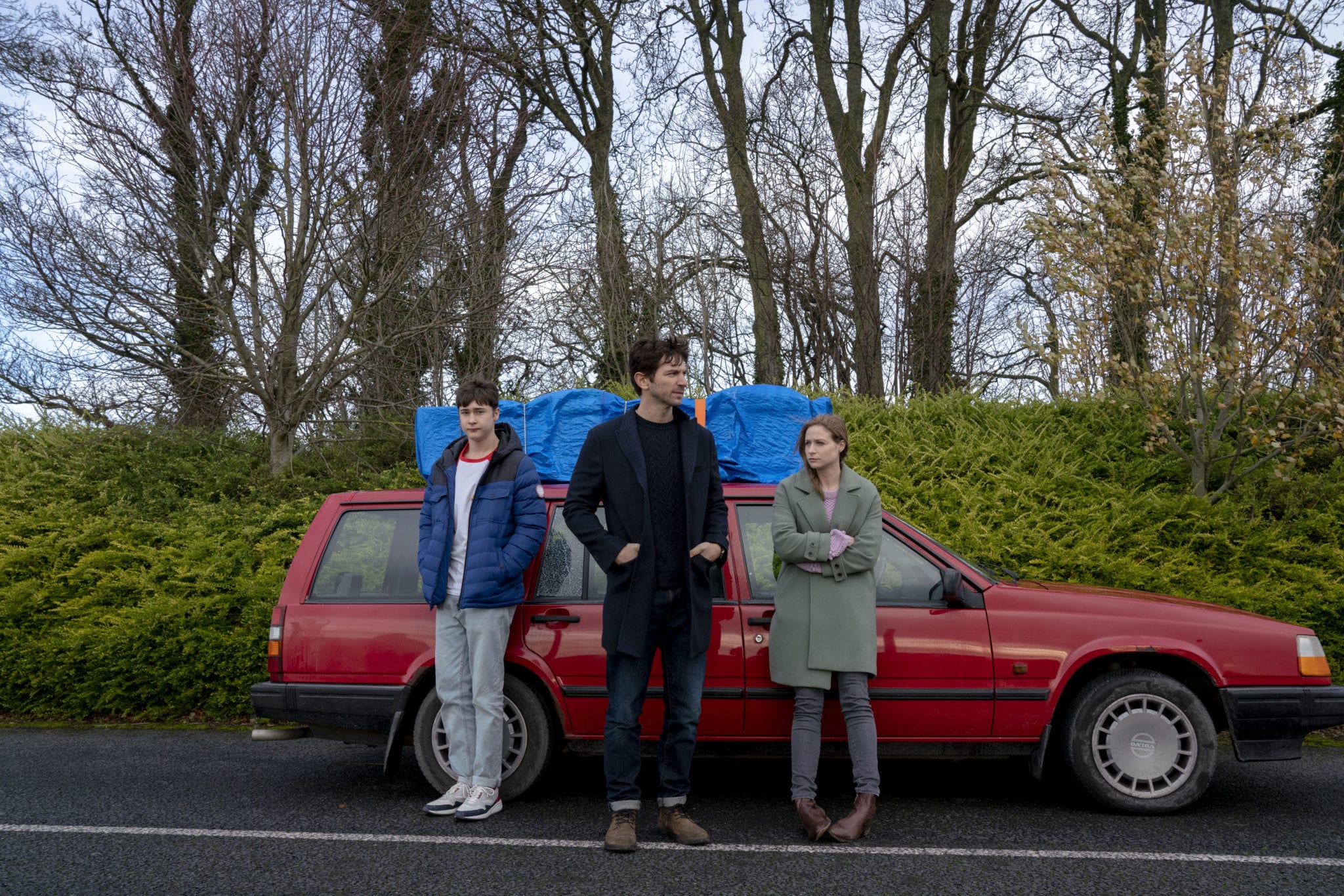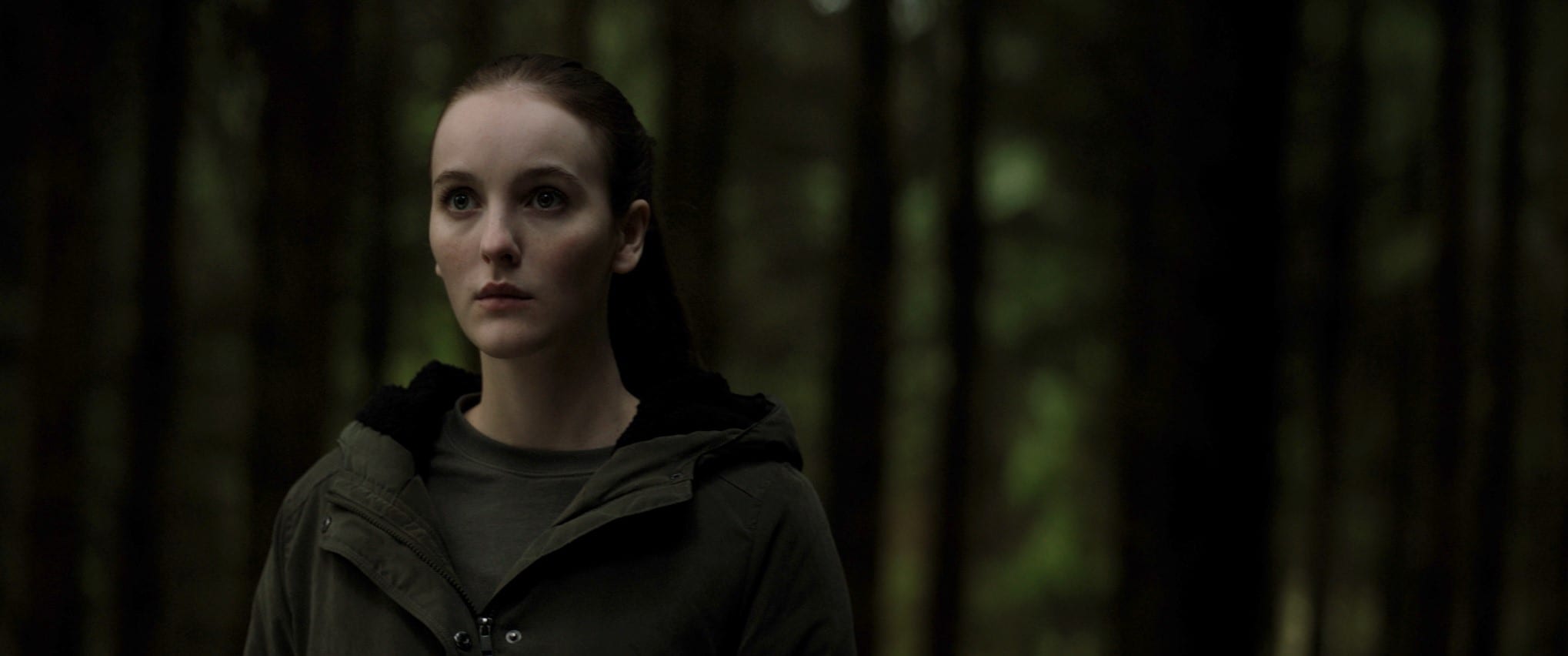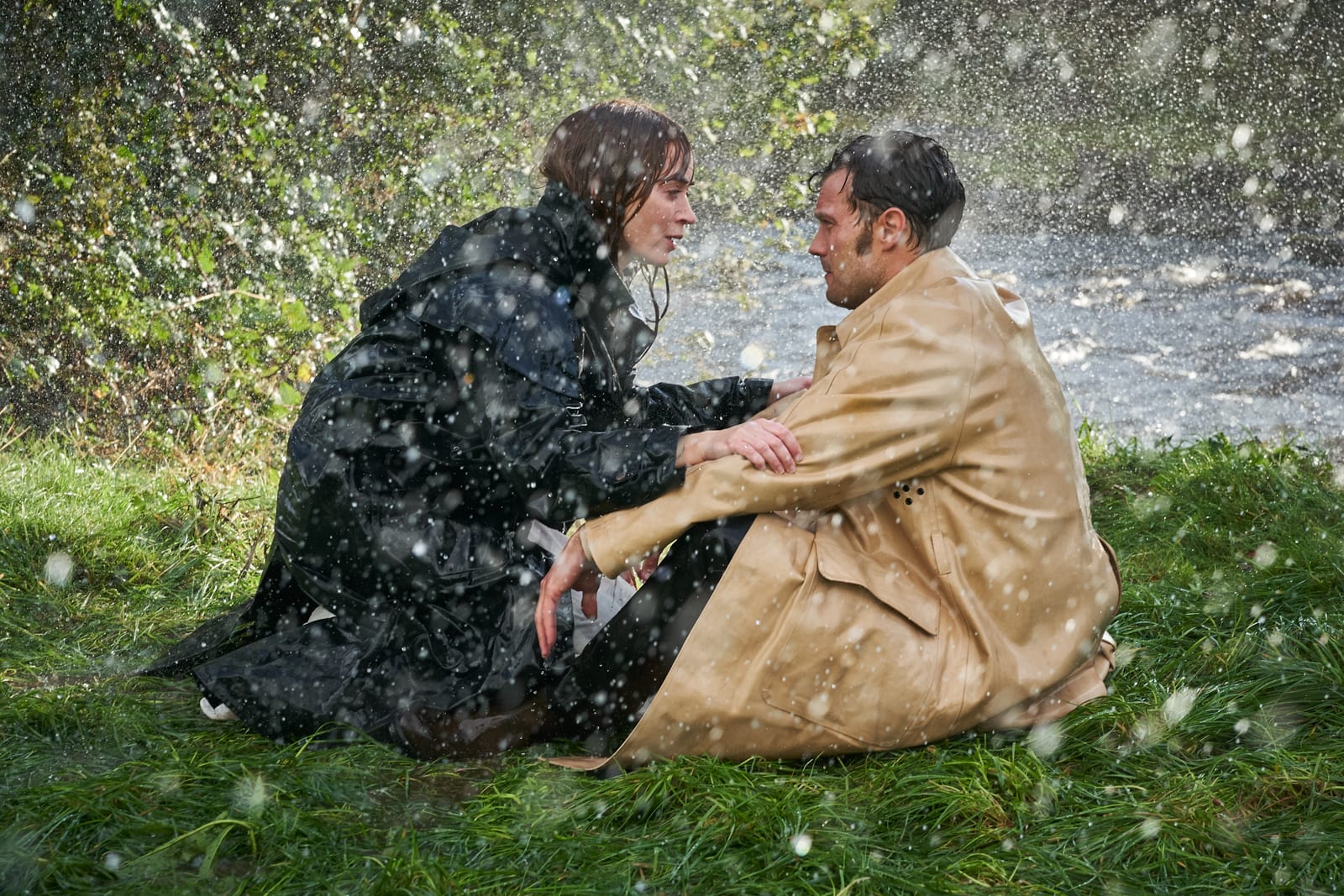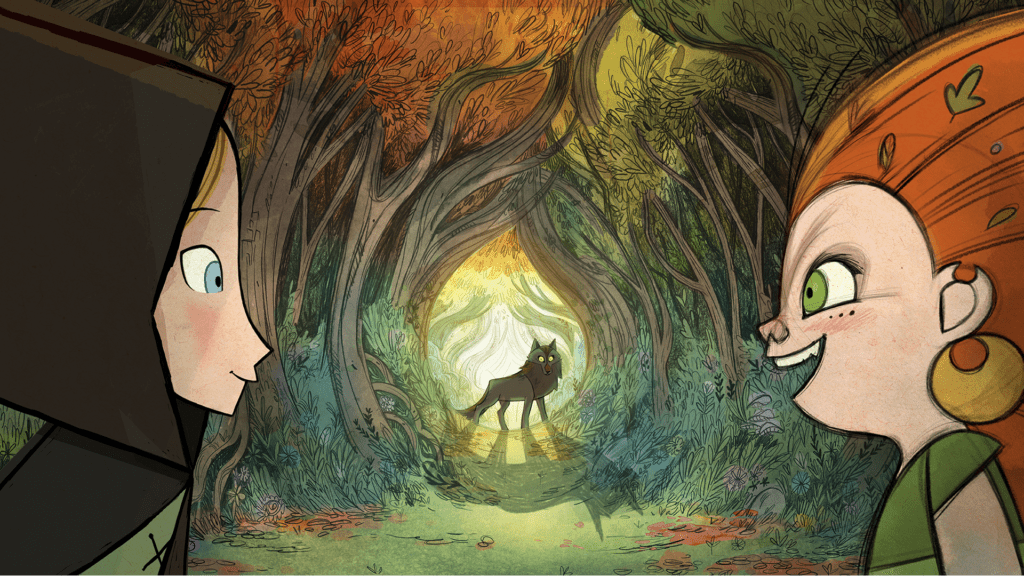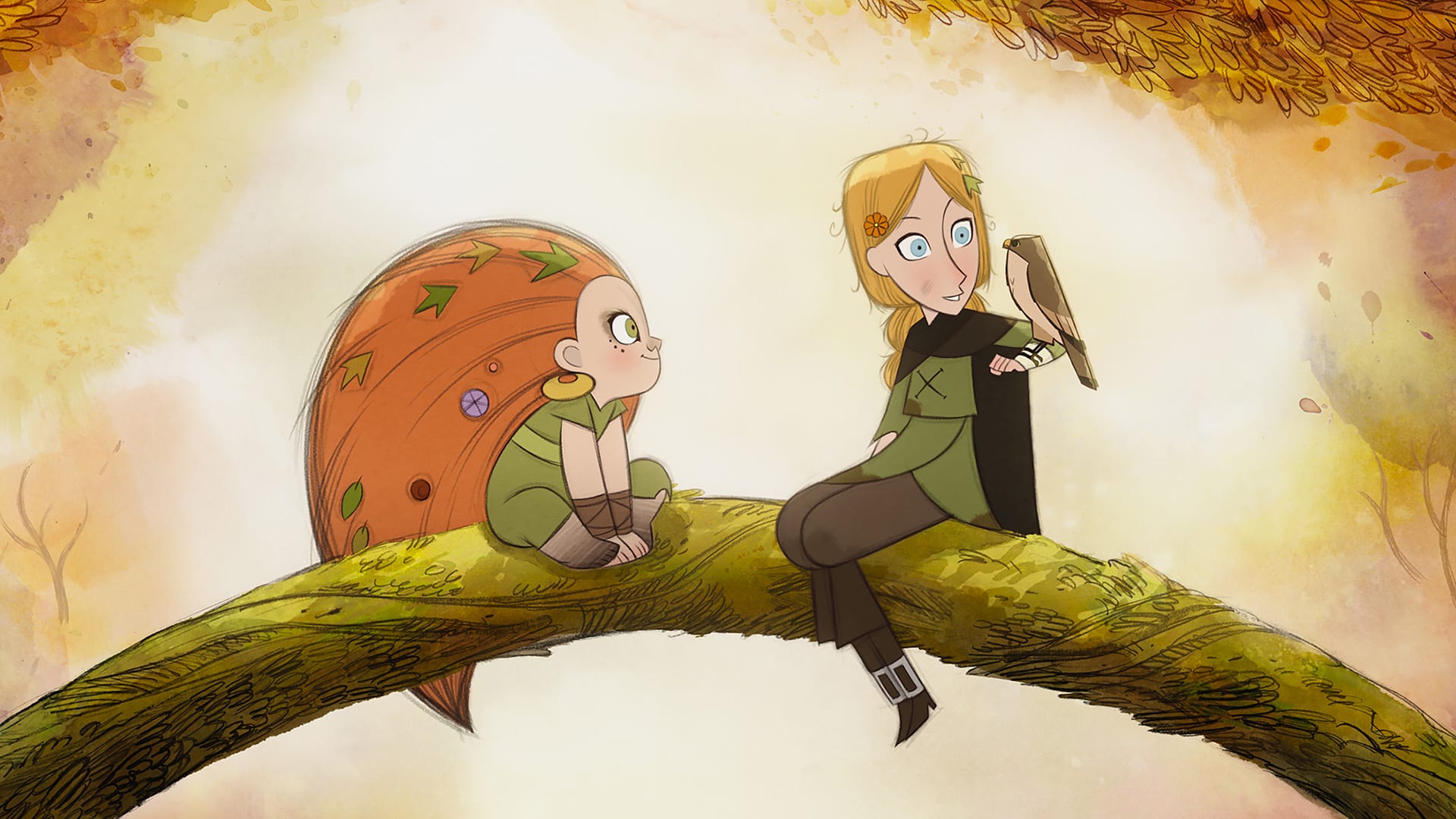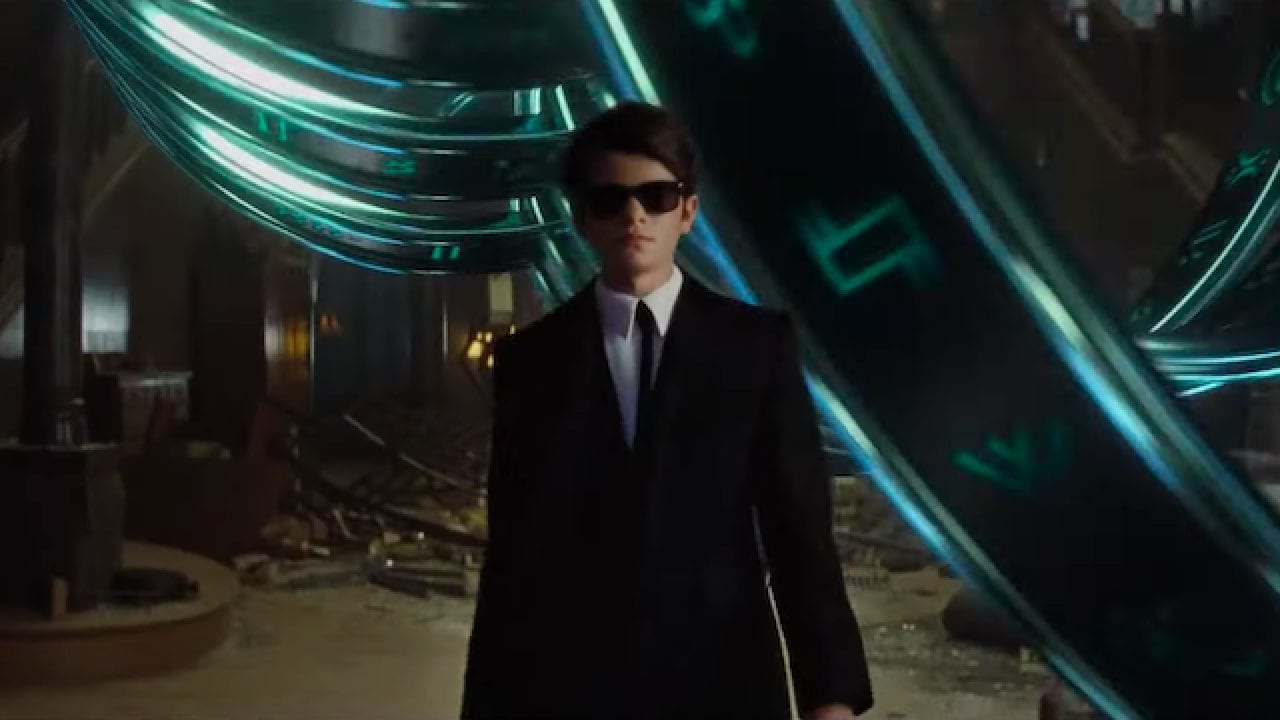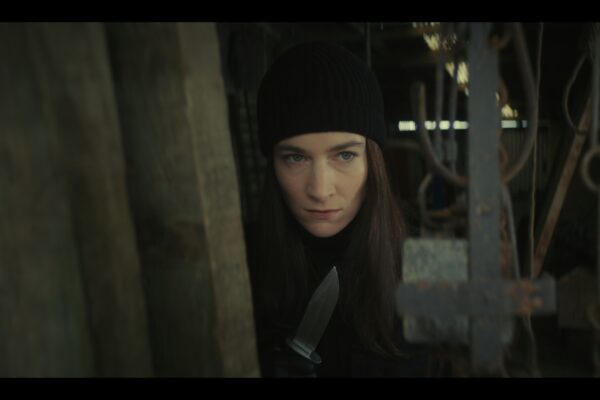
Obituary – Making a living from death
“I found my voice now – a voice with murder as its means.” Something about the Irish experience has melded their idea of comedy with the darker side of life. (Note such films as Waking Ned Devine or last year’s Banshees of Inisherin.) That blend of humor and depressing may seem odd, but the two…

